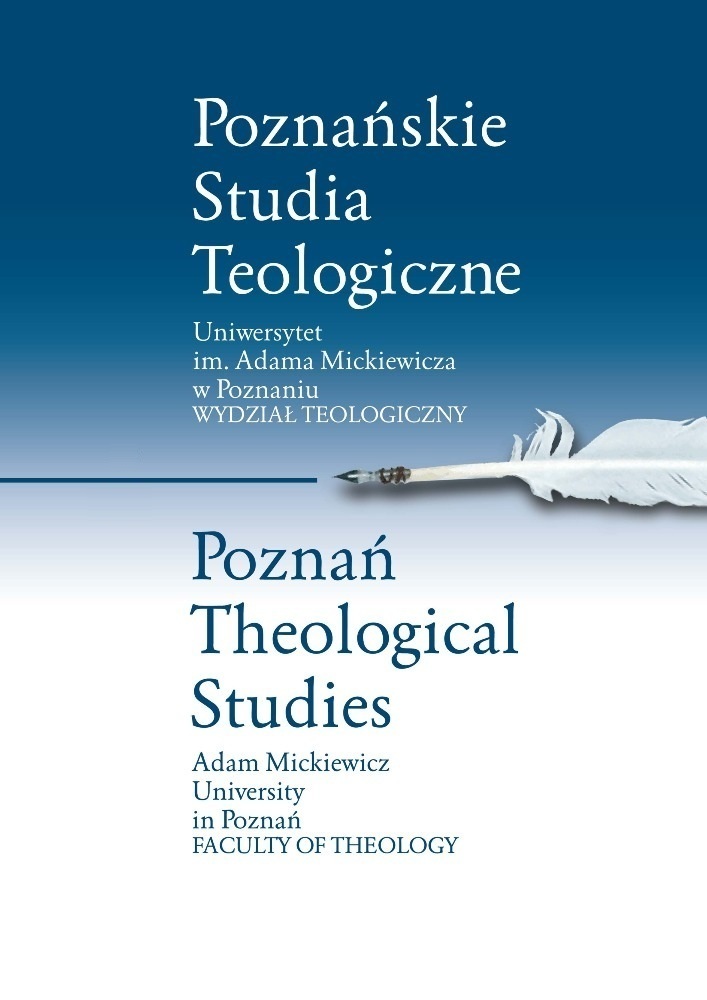Résumé
The article presents the interpretation of the parable of Lazarus and the rich man (Lk 16,19-31), made by Asterius of Amasea and Nilus of Ancyra. Both authors represent the background of the ancient Church of the east at the turn of the 4th and 5th centuries. The exegesis presented is of a pastoral nature. The history of Lazarus and the rich man subserved both Church Fathers to edify the rich Christians of the necessity to share their goods with the poor. Mercy shown in this way will be repaid in eternal life. A rich man ought to do as much good as he can in this life, as the time is short. Forms of aid to those in need proposed by Asterius and Nilus were not to disturb the existing social order but merely to sensitize to the needs of others. The teaching presented in the commentary in question is within the strand of the social doctrine of the Church Fathers.Licence
Copyright
© 2012 Uniwersytet im. Adama Mickiewicza w Poznaniu, Wydawnictwo Naukowe UAM, Poznań
OPEN ACCESS
